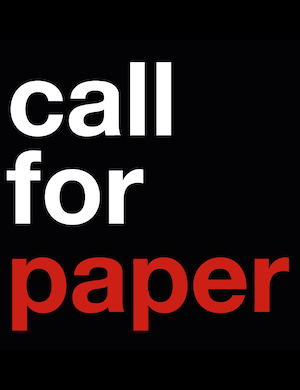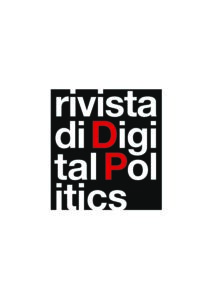Call for Paper
Artificial education
L’integrazione dell’intelligenza artificiale (IA) nelle pratiche educative cambia e rilancia la didattica digitale. L’avvento delle tecnologie generative ha accelerato questo cambiamento, ponendo le basi per la trasformazione dell’istruzione superiore attraverso lo sviluppo di ambienti di apprendimento sempre più adattivi e personalizzati. Allo stesso tempo, la diffusione del loro uso consolida la promozione dell’educazione digitale su vasta scala. Le tecnologie IA stanno ridefinendo la modalità di erogazione e fruizione dell’istruzione, migliorando il design e l’interazione dell’apprendimento online, e adattando l’educazione alle esigenze individuali.
—
Artificial education
The integration of artificial intelligence (AI) into educational practice is transforming and reinvigorating digital education. The emergence of generative technologies has accelerated this change, laying the foundations for the transformation of higher education through the development of increasingly adaptive and personalised learning environments. At the same time, their widespread use is consolidating the promotion of digital education at scale. AI technologies are redefining the way education is delivered and enjoyed, improving the design and interaction of online learning and adapting education to individual needs.
Oltre ai focus indicati, per tutte le call for paper verranno prese in considerazione submission (saggi o web reviews) sui diversi temi della digital politics.

Digicracy II
1/2024
-
- Valentina Reda,L’Ai digital education e la sfida della (iper)personalizzazione
- Luigi Rullo, (Open)Ai saga
- Gianluigi Spagnuolo, Artificial intelligence and the end of administrative proceedings
- Daniele Battista, Comunicazione politica e intelligenza artificiale: un bilancio tra partecipazione e manipolazione
- Michele Barbieri,A subtle hypocrisy: insights into Italian politics’inertia on the counter-disinformation policy
- Camilla Volpe, Guido Anselmi, Vincenzo Laezza, Social sanctions during disasters. The Italian case of coronavirus on Twitter
- Sara Concetta Santoriello, Agostino Stavolo, La mobilitazione digitale dei millennial. La comunicazione politica di Elly Schlein dal 2013 al 2023

